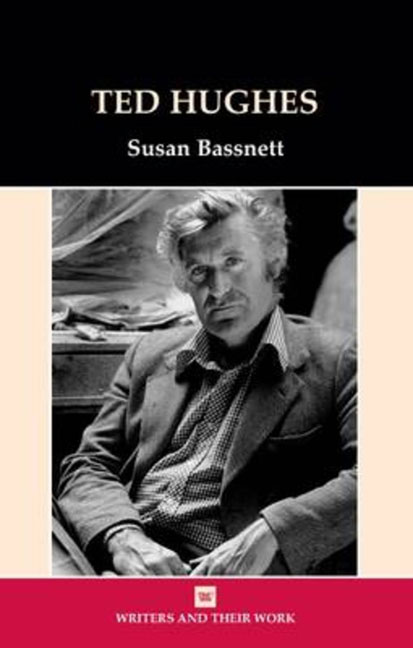Book contents
- Frontmatter
- Contents
- Acknowledgements
- Biographical Outline
- Abbreviations
- Introduction
- 1 ‘A sudden sharp hot stink of fox’: Ted Hughes and Nature
- 2 ‘Crowlookedattheworld’: The Poet as Shaman
- 3 ‘Being British is the mystery’: Hughes and his English Roots
- 4 ‘His voice felt out of the way. “I am”, he said’: Language and Mythology
- 5 With the Word burn the hearts of the people’: Ted Hughes and Translation
- Notes
- Select Bibliography
- Index
5 - With the Word burn the hearts of the people’: Ted Hughes and Translation
- Frontmatter
- Contents
- Acknowledgements
- Biographical Outline
- Abbreviations
- Introduction
- 1 ‘A sudden sharp hot stink of fox’: Ted Hughes and Nature
- 2 ‘Crowlookedattheworld’: The Poet as Shaman
- 3 ‘Being British is the mystery’: Hughes and his English Roots
- 4 ‘His voice felt out of the way. “I am”, he said’: Language and Mythology
- 5 With the Word burn the hearts of the people’: Ted Hughes and Translation
- Notes
- Select Bibliography
- Index
Summary
One major source of inspiration for Hughes, as he sought to expand his poetic repertoire, was the work of poets from other eras and other cultures, some of whom he read through translations. He was also a gifted translator himself, both of poetry and drama, ancient and modern; translating enabled him to expand and innovate, as well as ensuring the continuity of great writing from the past. Hughes was by no means an insular poet, and believed that the role of the writer was to create his own poetry but at the same time to acknowledge what he inherited from writers who had preceded him.
Hughes can be seen as a natural born translator, who always sought to ‘translate’ the language of his Yorkshire origins into poetry. Discussing his work, Seamus Heaney stresses Hughes's Englishness and his debt to the great alliterative tradition of English poetry, drawing attention to the crucial importance of language combinations in his own writing:
What Hughes alone could write depended for its release on the discovery of a way to undam the energies of the dialect, to get a stomping ground for that inner freedom, to get that childhood self a disguise to roam at large in. Freedom and naturalness and homeliness are positives in Hughes’ critical vocabulary, and they are linked with both the authenticity of individual poets and the genius of the language itself.
As was noted in the last chapter, Hughes drew upon a huge variety of different sources and wrote for different kinds of readership, which by implication involves processes that can effectively be termed translational. The shaman, in Hughes's vision, is also a translator, someone who crosses over into another dimension, then brings back news of his experiences in a form that is accessible to the people waiting for his message. Translation is therefore a key concept in understanding Hughes's work, and it is significant that as he grew older, his translating became even more important to him.
Translation has not been well served by literary critics, who have often seen this type of literary practice as a secondary form of writing, a second-class art that lacks originality. The prevalence of this view has led to an undervaluation of the role translation plays in the development of any national literature, and of the importance that translation may have in the development of an individual writer.
- Type
- Chapter
- Information
- Ted Hughes , pp. 82 - 98Publisher: Liverpool University PressPrint publication year: 2009

